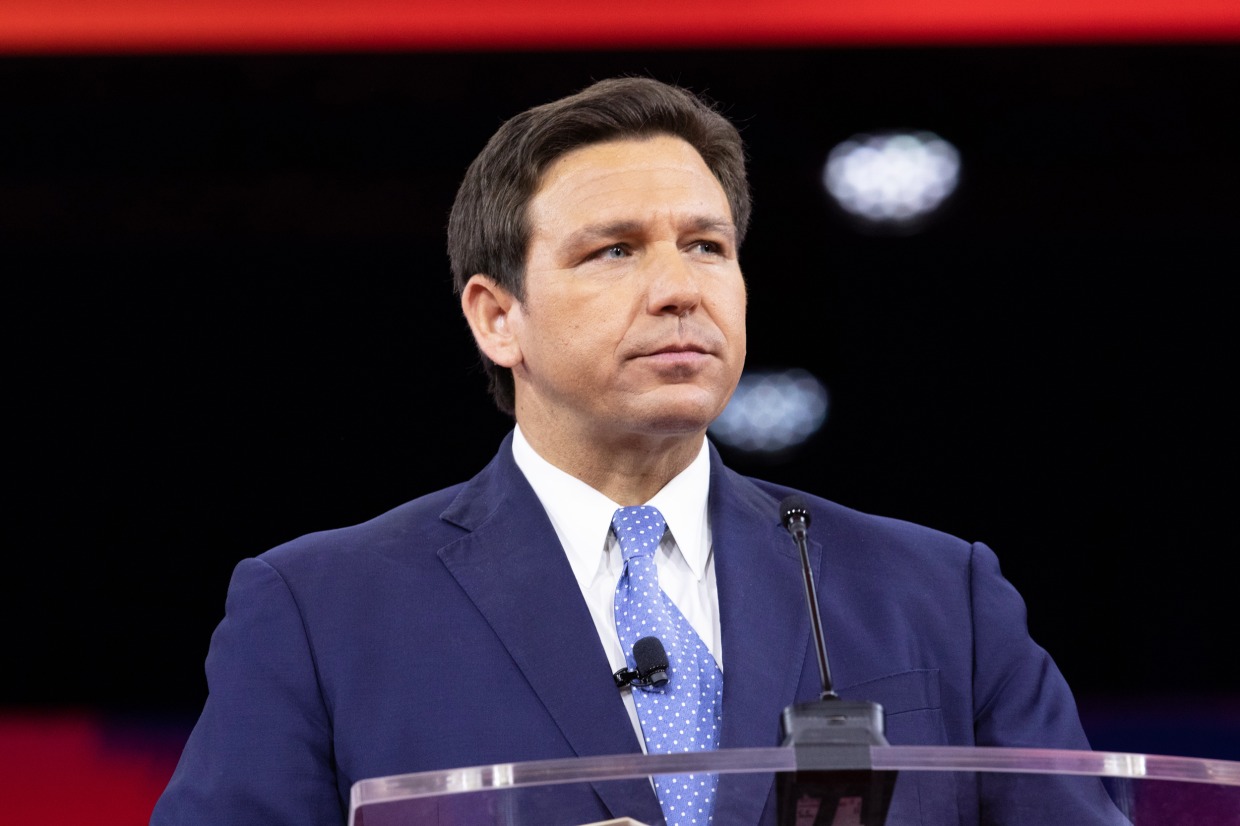This purchase follows a quick turn of events between Musk and Twitter over the past few weeks. Musk was revealed to hold a 9.2% stake in the company as of April 4th, briefly making him the largest shareholder of Twitter. After this information went public, Musk was offered a position on Twitter’s Board of Directors, but he later declined. A day after Musk offered to buy the company for $43 billion on April 15th, Twitter’s Board of Directors voted unanimously to adopt a “poison pill” plan that, in the case of any single party acquiring at least 15% worth of stake in the company, would offer other shareholders additional shares at a discounted price. The intention of the plan was to dilute the stake of said single party and prevent a hostile takeover of the company.
However, Twitter’s tune changed rapidly last week when Musk revealed he had $46.5 billion lined up in financing. After a meeting on Sunday, the board agreed to sell the company to Musk, prompting a storm of speculation over what the future held for the social media platform.
Despite its relatively small size compared to other social media platforms like Facebook (Facebook’s user base exceeds one billion, while Twitter’s hovers around 500 million), Twitter has grown increasingly influential over the past few years. Following former president Donald Trump’s abundant use of the platform throughout both the 2016 election and his presidency, it has rapidly gained a notorious reputation, but also a vital role in political discourse. The large number of other politicians, public figures, and journalists that frequent Twitter also undoubtedly helps its relevancy.
In addition to its general associations with Trump, Twitter has been embroiled in several controversies, most notably being accused of playing a major role in the Capital Riot on January 6th, 2021. Trump’s Twitter account was removed for inciting violence following the riot, but Twitter’s controversies exceed Trump. Due to its disproportionate influence in politics, it has been accused of harboring conspiracists, misinformation, hate speech, and other harmful forms of online communication. As a result, Twitter had begun to crack down on misinformation this past year, especially throughout the pandemic. But in turn, it has been accused of stifling free speech.
Musk has been one of the loudest critics of Twitter’s moderation, going so far as to call himself a “free speech absolutist.” Despite being 50 years old, Musk has been an active user on the platform — he has over 83 million followers, as well as a tendency to post memes, “go after” other public figures, and make controversial political statements. His political beliefs, while hard to pin down precisely, err libertarian and have recently trended towards the right. Last September, he called California’s stay-at-home orders “fascist,” and in May 2020, violated COVID-19 restrictions to reopen Tesla’s car factory. He has also amassed support amongst reactionary corners of the Internet, especially after using lingo such as “red-pilled.”
As a result, many fear what Musk’s ownership of the company means for the future of Twitter. In particular, many fear that Trump’s Twitter account may be reinstated, although the former president has claimed that he wouldn’t return to Twitter even if Musk reversed his ban. (Trump has been developing his own social media platform, Truth Social, as a “free speech” alternative to Twitter.) In his Monday tweets, Musk stated that he hopes “even my worst critics remain on Twitter, because this is what free speech means,” and that “free speech is the bedrock of a functioning democracy, and Twitter is the digital town square where matters vital to the future of humanity are debated.” He also said that he opposes permanent bans and prefers temporary suspensions for social media platforms.
Aside from his free speech “absolutism,” Musk has proposed making Twitter’s algorithms open source for transparency, eliminating spam bots, and adding an edit button. Regardless of what exactly the future holds for Twitter, Musk at the very least seems eager to work on it, and change is almost certain. He concluded one of his Monday statements with “Twitter has tremendous potential — I look forward to working with the company and the community of users to unlock it.”
- Do you support Musk acquiring ownership of Twitter? Why or why not?
- What are the potential political ramifications of Musk controlling Twitter? How much influence do social media platforms like Twitter hold over political discourse, and is that a problem?
- In 2013, Jeff Bezos, Amazon founder and second richest man in the world, purchased the Washington Post. What are your thoughts on this trend of billionaires buying media companies?
Sources:
https://www.cnn.com/2022/04/25/tech/elon-musk-twitter-sale-agreement/index.html
https://www.newsweek.com/elon-musk-donald-trump-supporter-twitter-1697979
https://twitter.com/elonmusk/status/1518677066325053441




